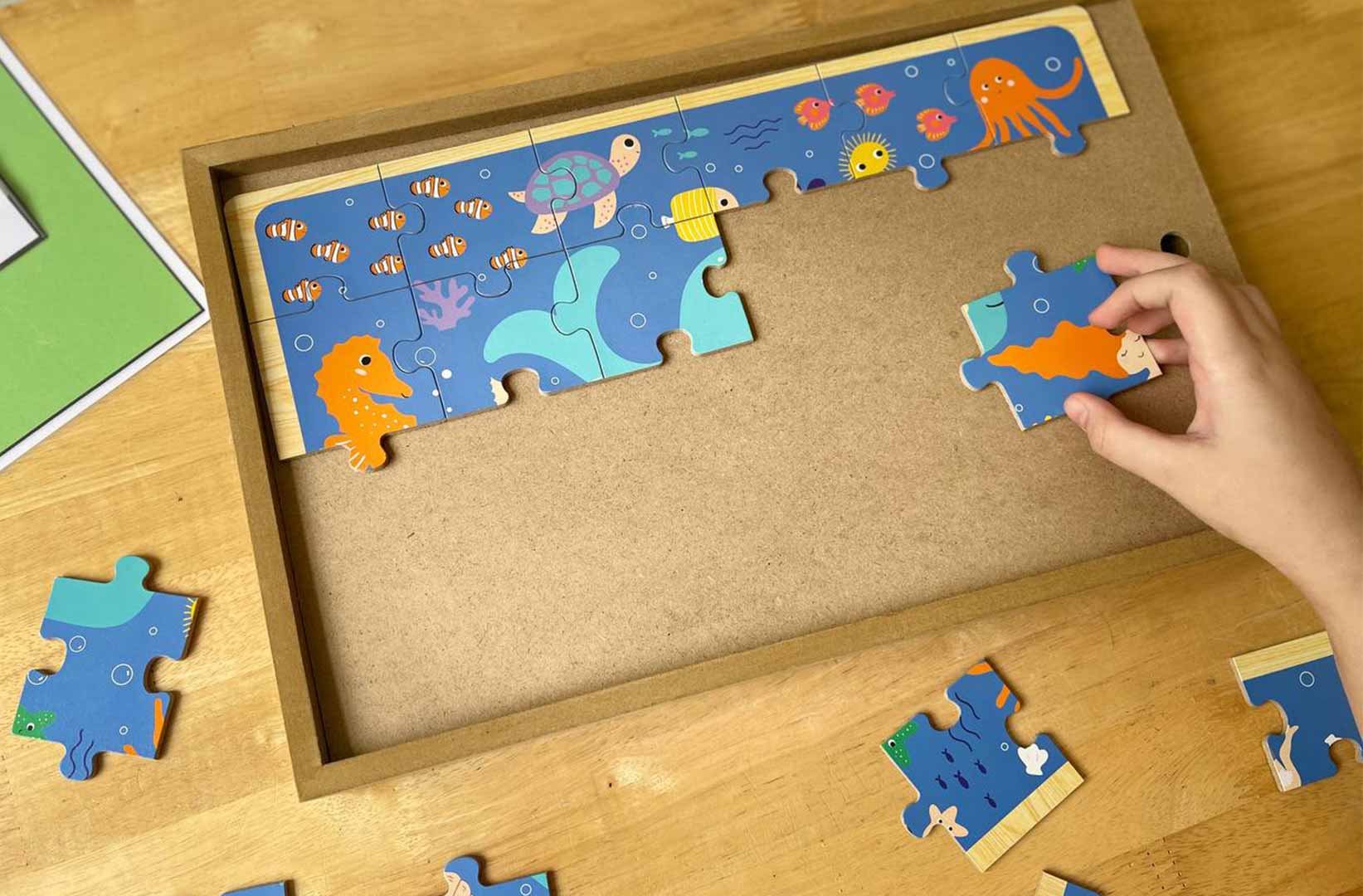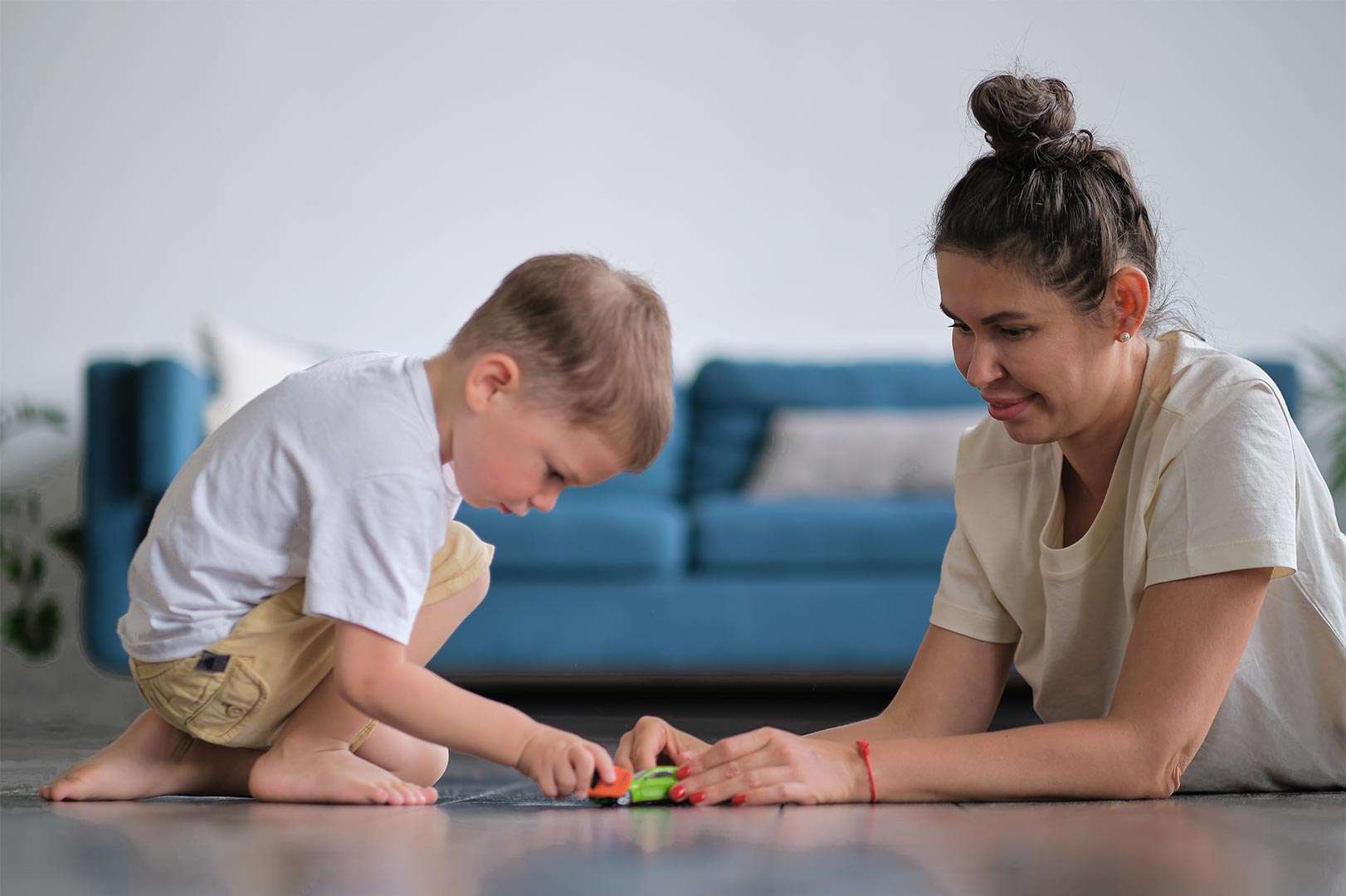Puzzles are a great way for students with autism to improve their cognitive skills. They can help to develop problem-solving skills, hand-eye coordination, and spatial reasoning. Puzzles can also be a fun and engaging way for students to learn new things.
There are many different types of puzzles that can be beneficial for students with autism. Some popular options include:
- Jigsaw puzzles: These are the classic type of puzzle, and they can be a great way for students to develop problem-solving skills.
- Puzzles with hidden objects: These puzzles require students to find hidden objects in a picture. They can be a great way for students to improve their visual perception skills.
- Tangrams: These puzzles are made up of geometric shapes that can be put together to form different shapes. They can be a great way for students to develop spatial reasoning skills.
- Peg puzzles: These puzzles have pegs that need to be inserted into holes in a board. They can be a great way for students to develop hand-eye coordination skills.
Puzzles can be a fun and educational way for students with autism to improve their cognitive skills. There are many different types of puzzles that can be beneficial, so it is important to find ones that are appropriate for the individual student’s interests and abilities.
Find out if your child needs extra support today!
- My child screams hysterically
- My child is mean to other children
- My child is always worried
- My child is scared to go to school
- My child is scared of loud noises
- My child doesn’t know how to read
- My child is scared to play outside
- My child does not respond to his name
- My child always gets in trouble
- My child fights with other children
- My child doesn’t know how to count
If you are concerned about your child’s development, contact us for Assessments: Phone/Telegram: 077.455.993 – Telegram Link: https://t.me/OrbRom
If you are concerned about your child’s development, contact us for Assessments.
Phone/Telegram: 077.455.993 Link: https://t.me/OrbRom






Leave A Comment